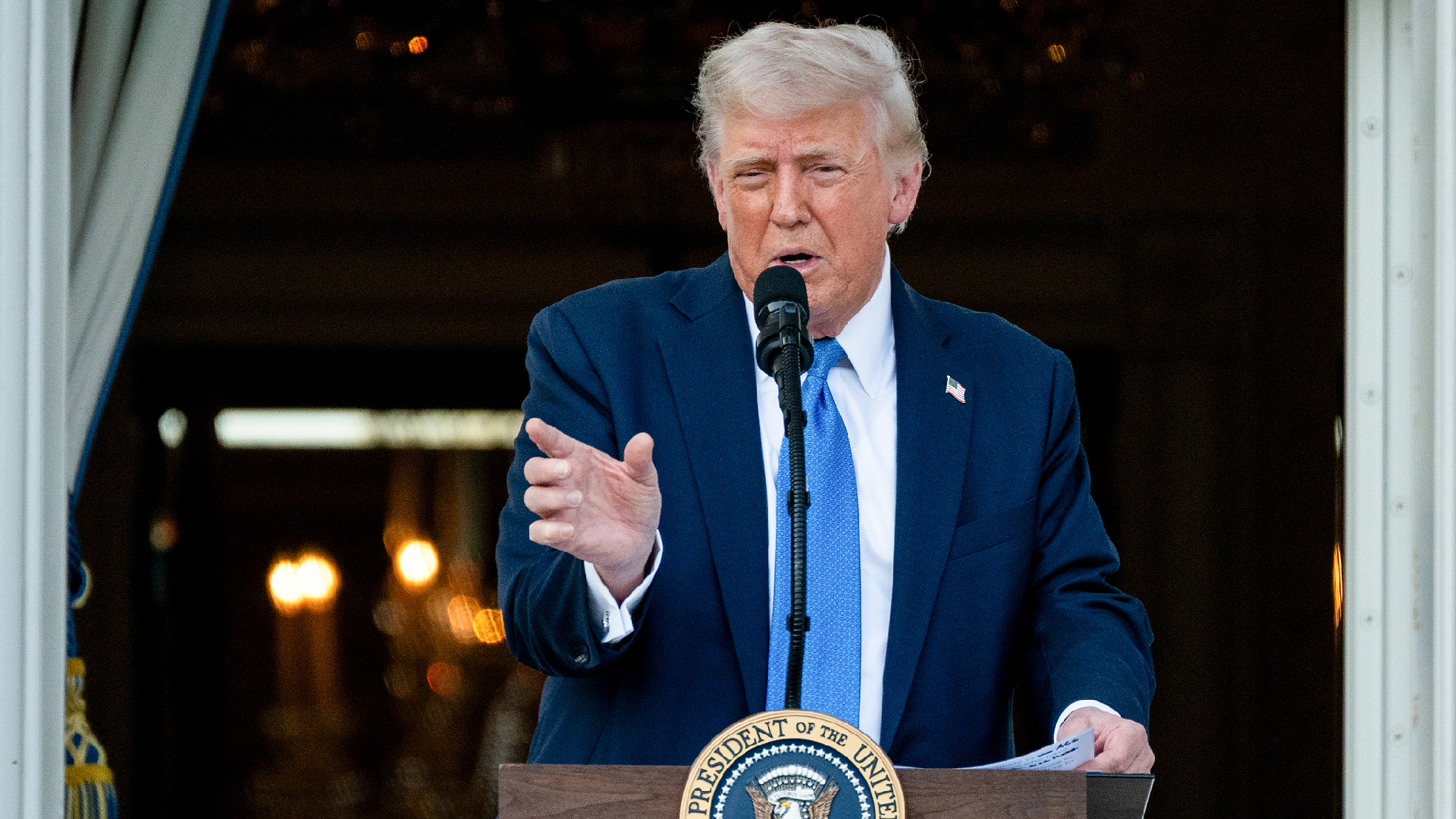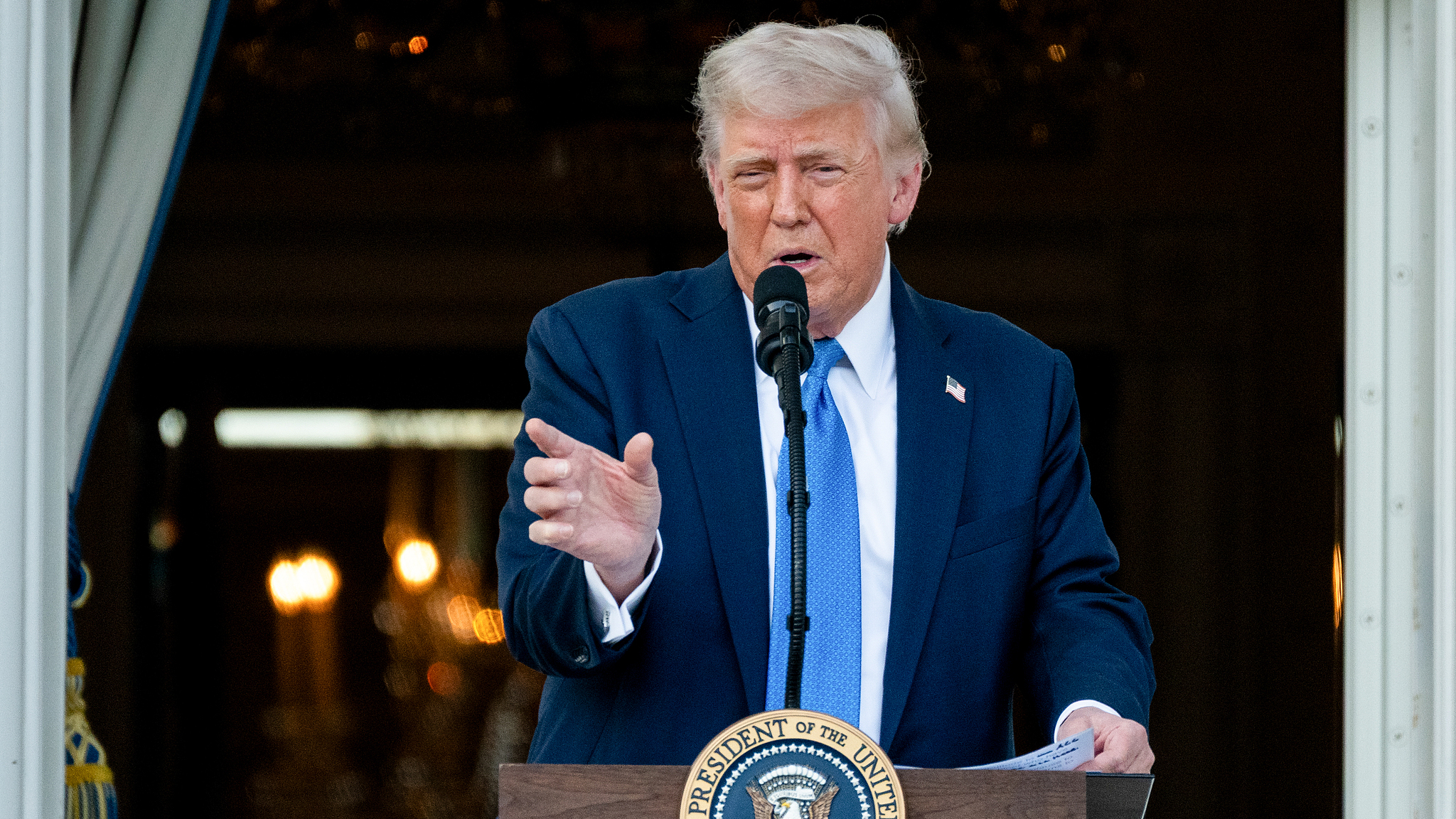Trump Signs Proclamation Banning Travel from 12 Countries: New Immigration Policy Details
President Trump enacts travel restrictions from select countries over security concerns.


U.S. President Donald Trump took decisive action on Wednesday evening by signing a new proclamation that bans travel to the United States from a group of countries identified as presenting significant national security concerns. According to an official statement released by the White House, the proclamation enacts a full entry ban on nationals from twelve countries deemed “deficient with regards to screening and vetting” and considered to pose a very high risk to the nation.
The comprehensive ban covers Afghanistan, Chad, the Republic of the Congo, Equatorial Guinea, Eritrea, Haiti, Iran, Libya, Myanmar, Somalia, Sudan, and Yemen. The White House stressed that these countries failed to meet the U.S. government’s requirements for adequate information sharing and background checks. In addition to the complete ban, the proclamation imposes partial entry restrictions on citizens from seven other nations: Burundi, Cuba, Laos, Sierra Leone, Togo, Turkmenistan, and Venezuela.
Scheduled to take effect at 12:01 a.m. next Monday, the new travel measures are described by administration officials as essential tools for compelling greater cooperation from foreign governments regarding security and immigration processes. The White House emphasized that “the restrictions and limitations imposed by the proclamation are necessary” to ensure compliance with U.S. immigration laws and to further critical national security, counterterrorism, and foreign policy objectives.
Despite the sweeping nature of the ban, there are notable exceptions. The policy does not apply to U.S. lawful permanent residents, existing visa holders, certain categories of visas, or individuals whose entry is determined to be in the U.S. national interest. These exemptions are intended to balance national security needs with humanitarian considerations and existing obligations.
This move marks a significant return to the controversial travel ban policy first announced by Trump during his initial term in office, which targeted several majority-Muslim nations and underwent multiple revisions before being upheld by the Supreme Court in 2018. The measure had been reversed under President Joe Biden in 2021, but the current administration contends that renewed global risks require a reassessment of entry practices and tighter border controls.
The announcement has sparked a flurry of reactions from community advocates, legal experts, and international observers, who are closely watching the policy’s rollout and its potential impact on global mobility and diplomatic relations. The coming days are likely to see increased attention as affected travelers and agencies adjust to the rapidly changing landscape of U.S. immigration policy.




